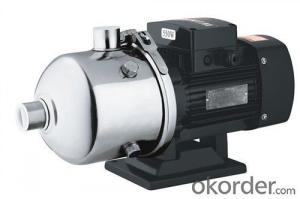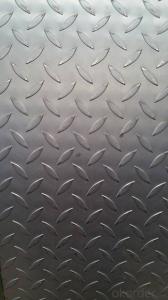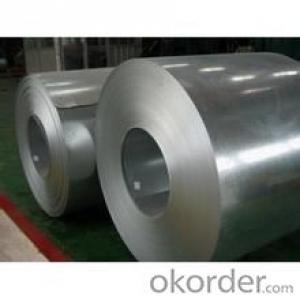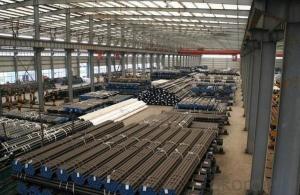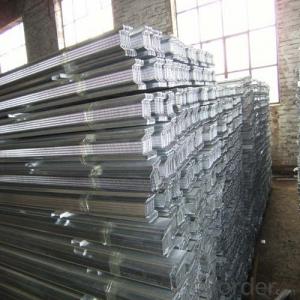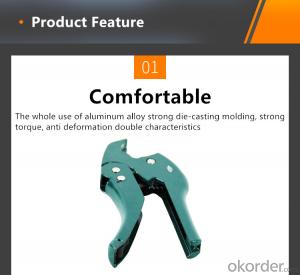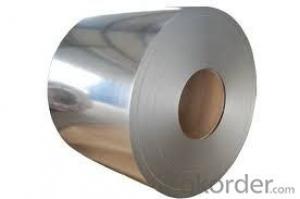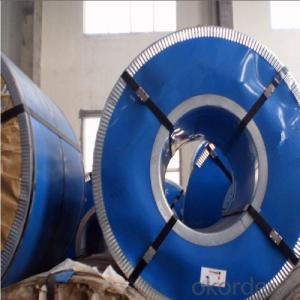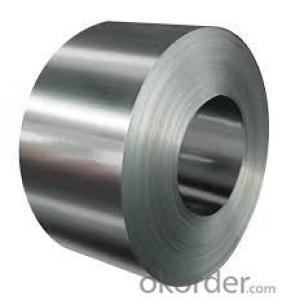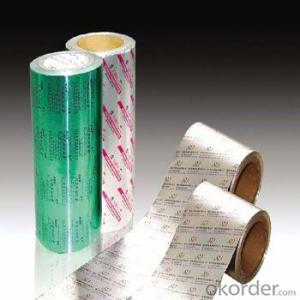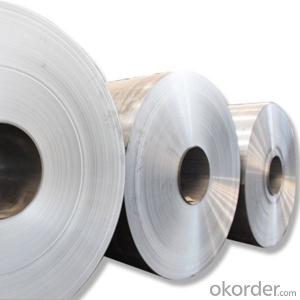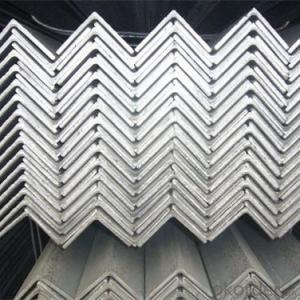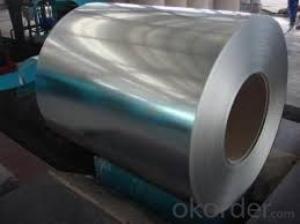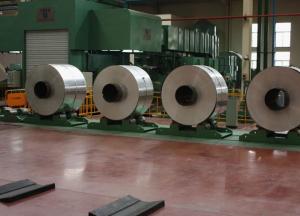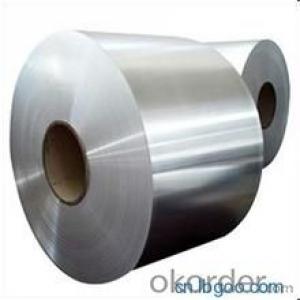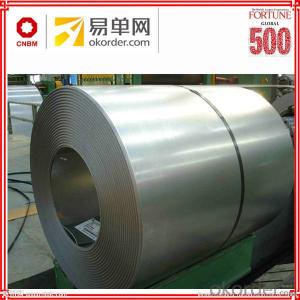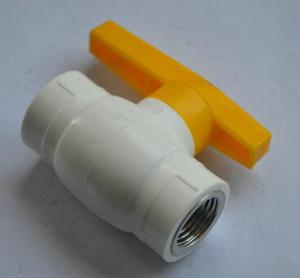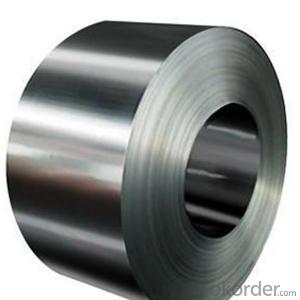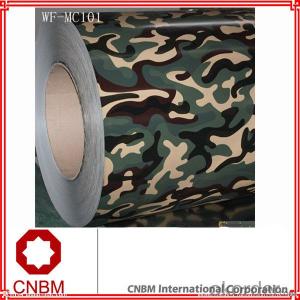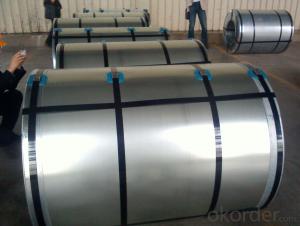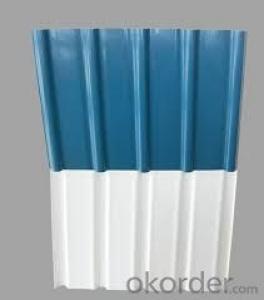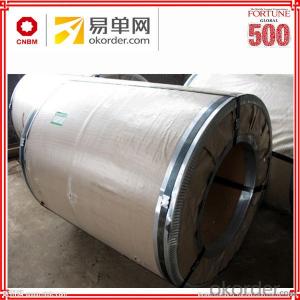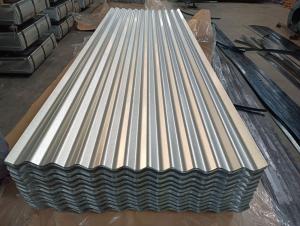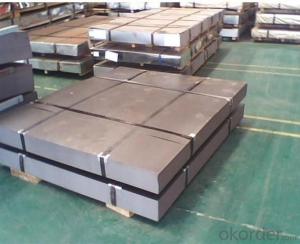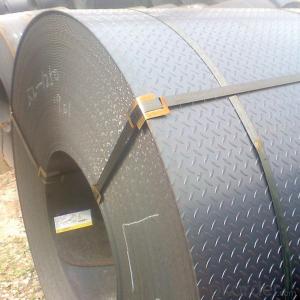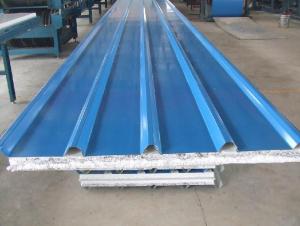Cold Rolled Steel
Cold Rolled Steel Related Searches
Best Paint For Stainless Steel Blanket Insulation For Steel Buildings Primer For Galvanized Steel Foam Filter For Stainless Steel H S Code For Stainless Steel Surface Grinding Wheels For Stainless Steel Surface Grinding Wheels For Hardened Steel Hole Saw For Stainless Steel Paint For Stainless Steel Stainless Steel For BbqHot Searches
Steel Mesh Panels For Sale Price For Stainless Steel Scrap Scrap Price For Stainless Steel Price For Stainless Steel Stainless Steel Tank For Sale Stainless Steel Sheets For Sale Cheap High Tea Sets For Sale Stainless Steel Tanks For Sale Stainless Steel For Sale High Density Fiberboard For Sale Solar Hot Water Collectors For Sale Scaffolding For Sale In Uae Scaffolding For Sale In Ireland Scaffolding For Sale In Houston Type Of Inverter For Solar Price Of Shipping Containers For Sale Types Of Inverter For Solar Stock Price For Aluminum Used Solar Inverter For Sale Steel Mesh Panels For SaleCold Rolled Steel Supplier & Manufacturer from China
Okorder.com is a professional Cold Rolled Steel supplier & manufacturer, offers integrated one-stop services including real-time quoting and online cargo tracking. We are funded by CNBM Group, a Fortune 500 enterprise and the largest Cold Rolled Steel firm in China.Hot Products
FAQ
- The typical yield strength of stainless steel sheets can vary depending on the grade and thickness of the material. However, on average, stainless steel sheets have a yield strength ranging from 30,000 to 80,000 pounds per square inch (psi). It is important to note that different grades of stainless steel, such as 304, 316, or 430, will have different yield strengths. Additionally, the thickness of the sheet can also affect the yield strength, with thinner sheets generally having lower yield strengths compared to thicker sheets. Therefore, it is recommended to consult the specific grade and thickness specifications provided by the manufacturer or supplier to determine the exact yield strength of a particular stainless steel sheet.
- High-temperature applications can make use of steel sheets, as steel possesses exceptional heat resistance and can endure high temperatures while retaining its structural integrity. The suitability of steel for such applications is heavily influenced by its specific type and composition. Stainless steel or heat-resistant steel, for instance, are specifically engineered to withstand exceedingly high temperatures and are widely utilized in industries like aerospace, automotive, and manufacturing. These steel sheets are applicable in various high-temperature settings including furnaces, boilers, exhaust systems, and heat exchangers, among others. Nevertheless, it is crucial to consider factors such as the precise temperature range, duration of exposure, and the presence of any potentially corrosive elements in the high-temperature environment to ensure the selected steel sheet is suitable for the intended purpose.
- The coefficient of friction of steel sheets can vary depending on various factors such as the type of steel, surface finish, and the materials it is in contact with. However, in general, the coefficient of friction for steel sheets is typically around 0.6 to 0.8.
- Yes, steel sheets can be used for construction formwork or molds. Steel sheets are durable, strong, and can withstand the pressure and weight of concrete during construction. They provide a sturdy and reliable surface for shaping and supporting the concrete, making them suitable for use in construction formwork or molds.
- Yes, steel sheets are generally resistant to vibrations due to their high strength and stiffness, which helps absorb and dampen vibrations effectively.
- Steel sheets possess a high level of resistance against graffiti or vandalism. Thanks to their sturdy and long-lasting nature, steel sheets act as a formidable deterrent against acts of vandalism or graffiti. The sleek surface of steel sheets poses a challenge for vandals attempting to adhere spray paint or other graffiti materials. Even if they manage to apply it, the paint can be effortlessly removed using appropriate cleaning techniques, leaving no trace behind. Furthermore, steel sheets exhibit exceptional resistance against scratching or etching, effectively preventing any form of vandalism. In conclusion, opting for steel sheets on surfaces prone to graffiti or vandalism provides outstanding protection and reduces the need for costly repairs or repainting.
- Yes, steel sheets can be used for electrical motors. Steel is commonly used in the construction of motor cores as it provides high magnetic permeability, low hysteresis, and low eddy current losses, which are essential for efficient operation of electrical motors.
- Steel sheets are highly resistant to extreme weather conditions. They are able to withstand high winds, heavy rain, snow, and even hail. Their strength and durability make them ideal for withstanding harsh weather elements, ensuring that they can protect buildings and structures effectively. Additionally, steel sheets are non-combustible, making them resistant to fire, which is another advantage in extreme weather situations.
















